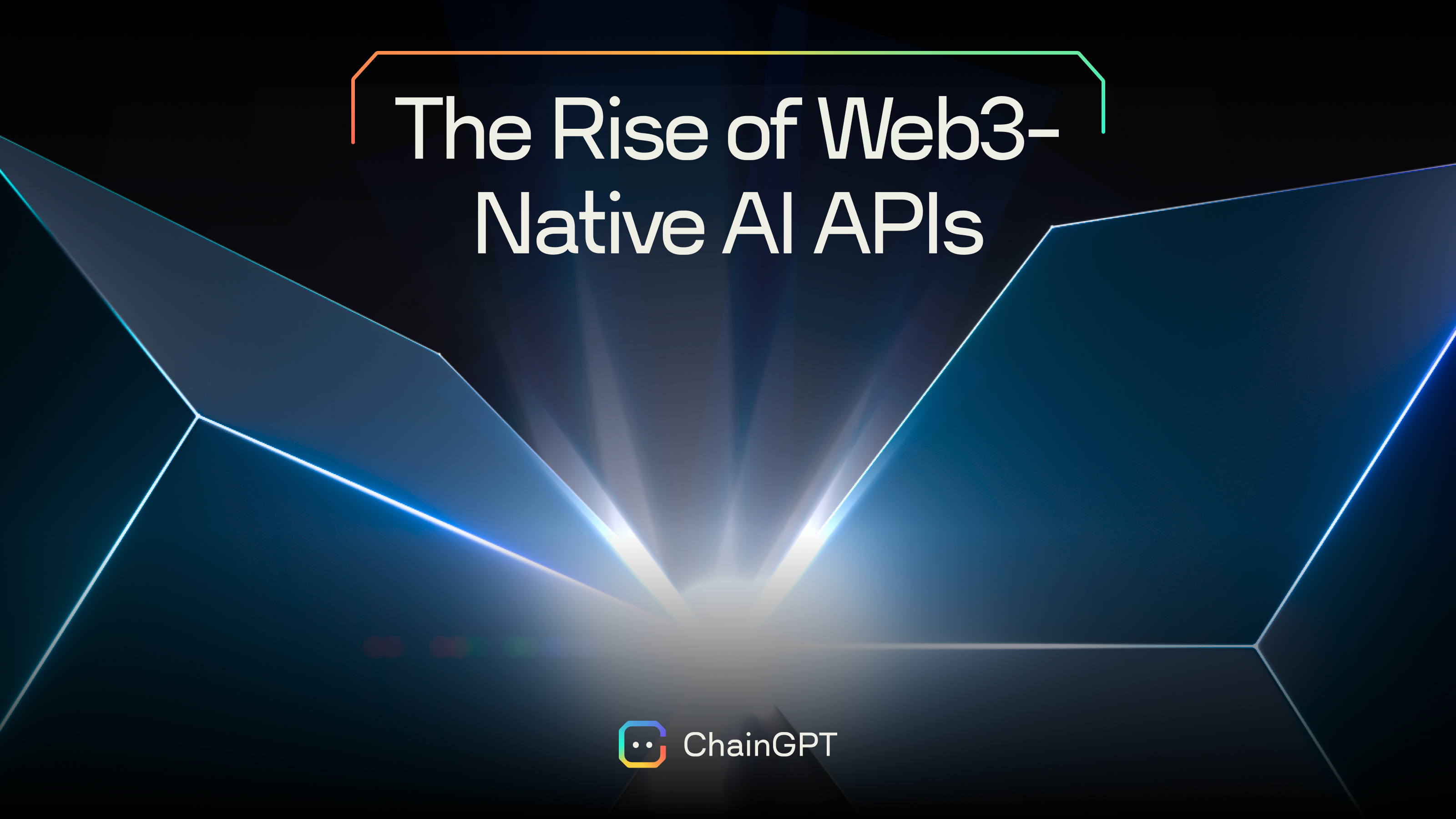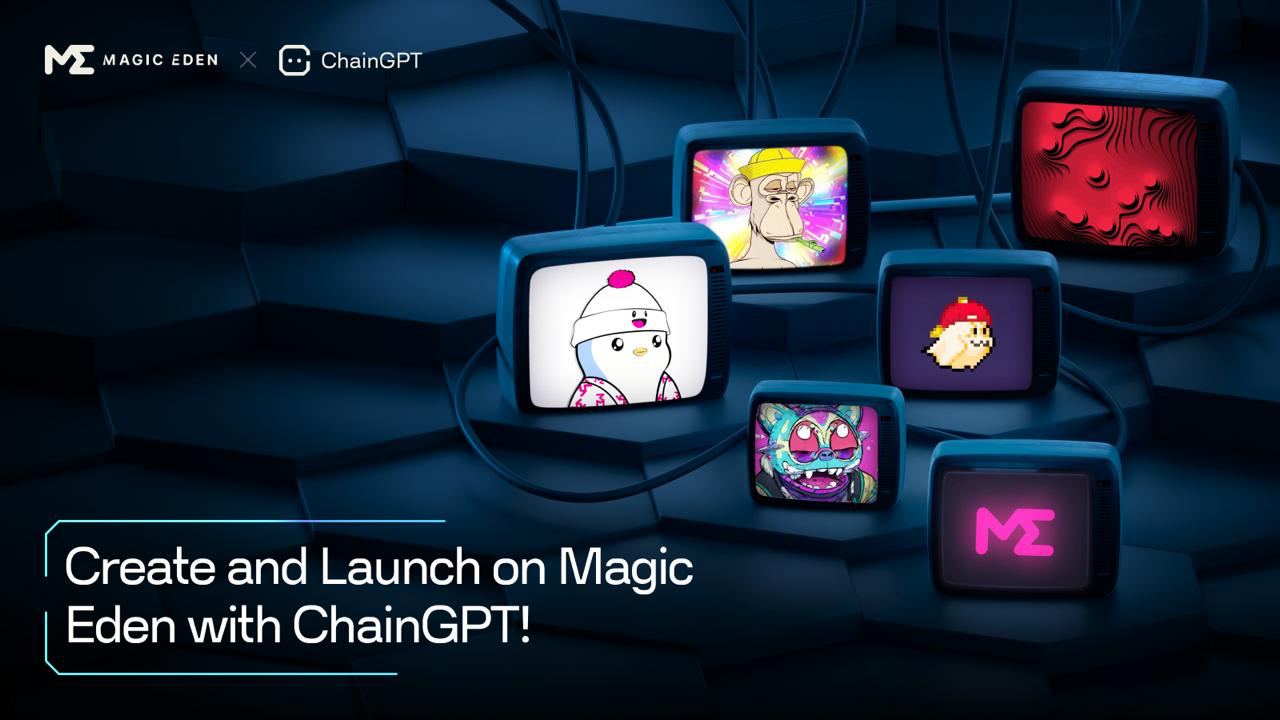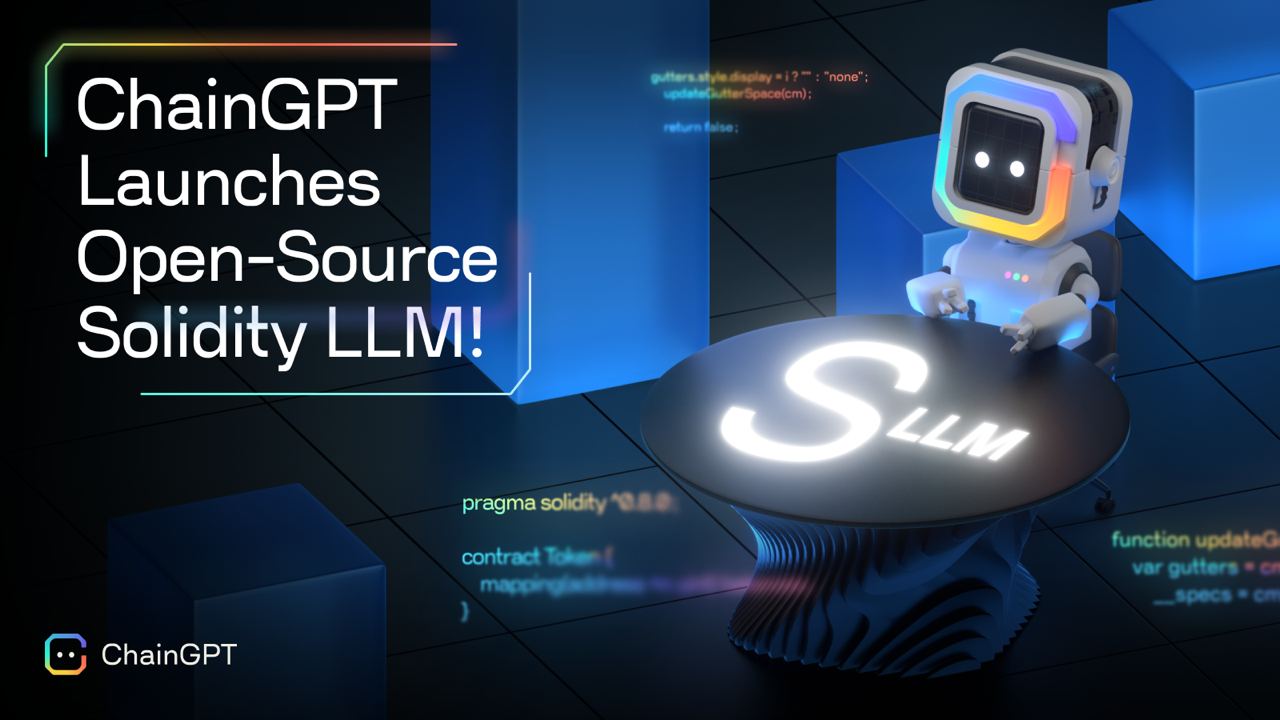.png)
Next-Gen Work: Creativity and Controversy
Without question, AI has permanently changed how we work. Machine learning, deep learning, NLP models and GANs are just some of the different tools weaving their way into the workplace. But will these advancements improve our work lives, or are there hidden costs ahead? Let's explore!
Most famously, Elon Musk has made self-driving vehicles his mission.
And in almost every retail and B2B field imaginable, AI chatbots are significantly on the rise.
Level-up your crypto and Web3 knowledge with advanced trading tools by using ChainGPT’s chatbot.
In healthcare, AI triage is being touted as a fix for the nursing shortage. Different applications are solving other challenges like diagnostic imaging analysis, documentation aids, patient monitoring and even robotics-assisted surgery.
These are only a couple examples of the many industries impacted by AI tools. The trickle-down effect of these implementations means there is no going back. AI is changing everything, including the day-to-day lives of professionals worldwide.
So in this blog, we asked the following question to professionals in a variety of fields: "How has AI changed the way you work?" Some of the answers may surprise you!
Tech Founders and Devs 🛠️
Mati Greenspan is founder of Quantum Economics, a company that builds and scales FinTech, blockchain, Web3 and metaverse companies. He sees AI applications as a time, stress and money-saving boon.
"As an entrepreneur with several successful businesses, I don't personally use AI extremely often for day to day tasks. However, it has managed to significantly reduce friction and costs among several of my enterprises. Tasks that used to be done by outsourcing can now be done in-house faster and cheaper."
Alex, or Secret Saturn, is the developer relations engineer at Secret Network Foundation. He states that "AI accelerated a lot of the tedious programming tasks for me, mainly some repetitive code or some simple problem. Saves you a lot of time basically everywhere so you can focus on the good stuff."
Content Creators ✍️
There is no doubt that content creators are integrating AI into their workflows, for better or for worse.
Rafi Spiewak is the director of content at Cybellum. He states that ChatGPT and text-focused generative AI is almost like having a fellow writer and editor to bounce ideas off of.
"While simplifying complex topics that we are already familiar with, it's important to take the readers on a journey. To help with this, I often conduct deep research and then organize my notes into an outline for AI to draft. I will usually rewrite about 70% of what's provided, but (AI) allows me to focus more on the story. I also use it to highlight key points in my writing to ensure that the message I want to deliver remains clear from beginning to end."
Another content creator, Ruben Hassid, became a top AI voice on LinkedIn with over 100 million views by posting effective hacks for AI prompts. AI didn't just change the way he works. It gave him a content creation empire. Now he's working on a bot that lets people write LinkedIn posts via targeted inputs called EasyGen.
NFT Artists 🎨
Not every artist embraces the AI revolution. Abi Daker, an NFT artist who draws complex architectural cityscapes and other pieces by hand, says AI actually drove her away from using software to enhance her work at all.
"I work indoors less now and started drawing outside, away from the computer more. It felt more important to be able to work away from the computer after Photoshop etc. started integrating AI. I like to be able to show my source work is mine and this seemed like one solution."
She's not the only artist that feels this way. In June of 2023, Book An Artist released a survey that showed 74% of artists consider AI scraping artwork from the Internet as unethical. More than half believe AI will cause them to make less money. And 9 out of 10 artists believe current copyright laws are outdated and cannot compete with rapidly changing AI technology.
Cluny the Scourge is a prolific, boundary-breaking voxels artist. His work inundates metaverse applications like Voxels and Nifty Island. He explains that he's been utilizing AI tools for his work since 2017, when he first integrated style transfer AI tools into his process.
"I view AI as more tools I can grab in pursuit of whatever vision I am chasing. Sometimes it isn't the right tool for the job. Sometimes it is. Custom generation texture images and 3D models are greater than browsing stock stuff, in my opinion."
Some NFT artists use AI because they don't have time to engage in more intensive efforts, established cross-chain NFT artist Virginia Lori explains.
"Due to family responsibilities and working a full time job, I don't have as much time to do traditional art. But with AI I can be creative whenever I have pockets of time.”
Other NFT artists have made AI the crux of their entire medium. Artists like Laurence Fuller and Vincent D'Onofrio combine AI technology with poetry and method acting into Graphite Method, what they term "poetic cinematic fine art." Their multifaceted instalments exhibit internationally, including at the upcoming NFC Summit where they're hosting an AI cinematics contest.
Prompt and mint your own AI NFT directly on the blockchain with ChainGPT's AI NFT Generator.
Video Game Creators 👾
Video game artists and creators are no stranger to the fierce debate regarding AI, either. Articles like "Raging Controversy Over The Use of AI Art in Video Games" and screeds like "AI Art Has No Place In Gaming" explore the controversy.
But Gavriil Klimov, or Hexeract, is a significant industry voice as the director of real-time techology at NVIDIA Corporation. His entire feed is a fascinating study into digital art/gaming and the issues surrounding it both technical and societal.
Recently, he took issue with a post claiming that video game artists don't need to worry about AI because "prompters" have no clue what they are doing and without human artists, meeting production goals were impossible.
Klimov didn't believe the story happened. He explained the approach to using generative AI that many AAA gaming studios are implementing:
"This year, I hired four concept artists, some of the best in the world, along with a top-tier art director. They're all using genAI workflows to brainstorm ideas and their work has been outstanding. They're not the only ones; I know for a fact that many other studios are doing exactly the same. I've spoken with many of these individuals in person at GDC. They mostly avoid discussing it online due to a vocal and irrational hate mob."
And others within the gaming industry find using AI necessary on a holistic level, despite the aforementioned hate mob and possible copyright issues. One project manager who wishes to remain anonymous recounts her time trying to pull together content for a Web3 game.
"I wanted to support NFT artists and other artists who weren't using AI because of the conversation about copyrights and AI putting artists out of business. But it was impossible. They either wanted crazy amounts of money, did awful work, or just didn't deliver. I ended up generating all of the art in Midjourney."
Conclusion
There's no denying it. AI has completely altered many professions. Some see its rise as a boon for creativity, efficiency, and time management. Others see it as a danger to their livelihoods, like the over 200 musicians who've demanded that technology companies pledge not to develop AI tools that undermine or replace human songwriters and artists.
Still, everyone who wants to stay relevant needs to adapt to these changes. Learning how to use AI tools effectively will clearly be a deciding career factor within the coming years.
As Ruben Hassid succinctly states, "Master AI before it masters you."






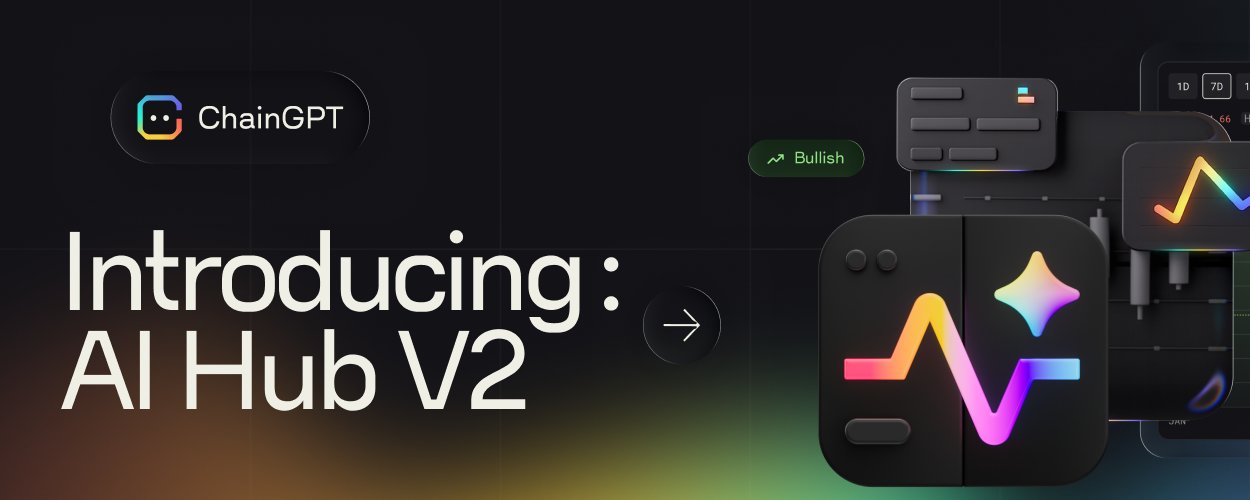


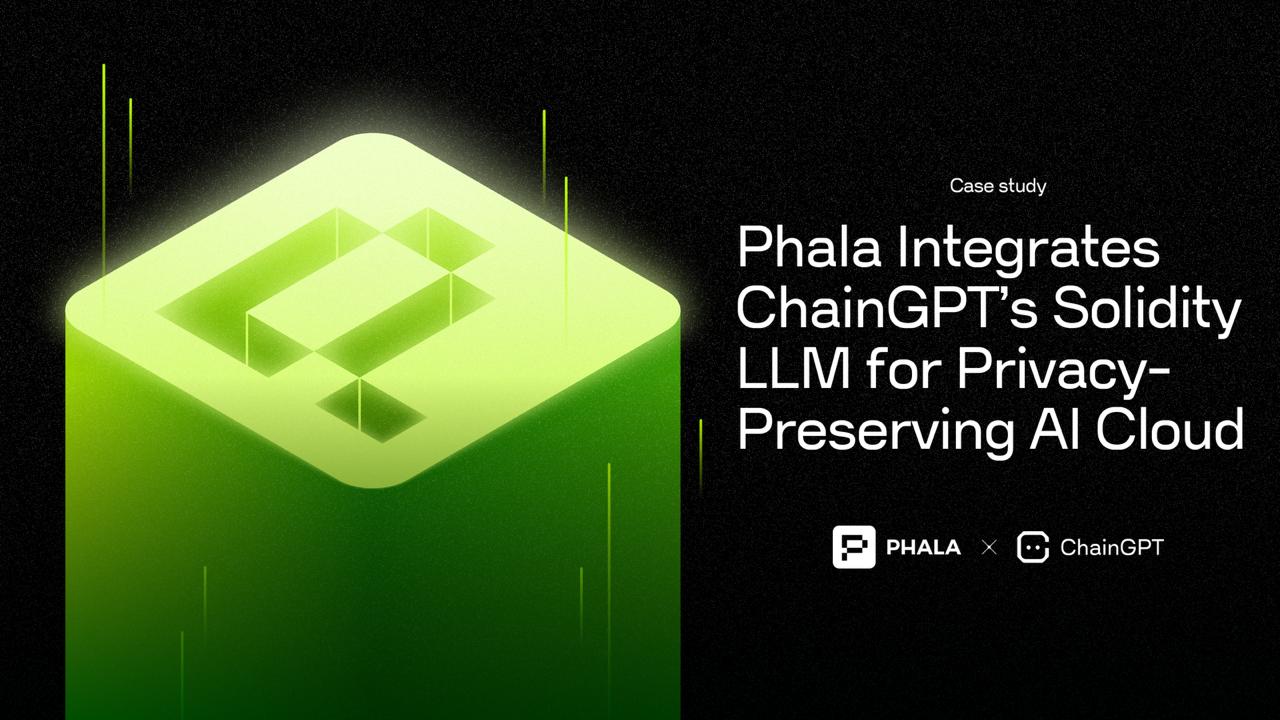


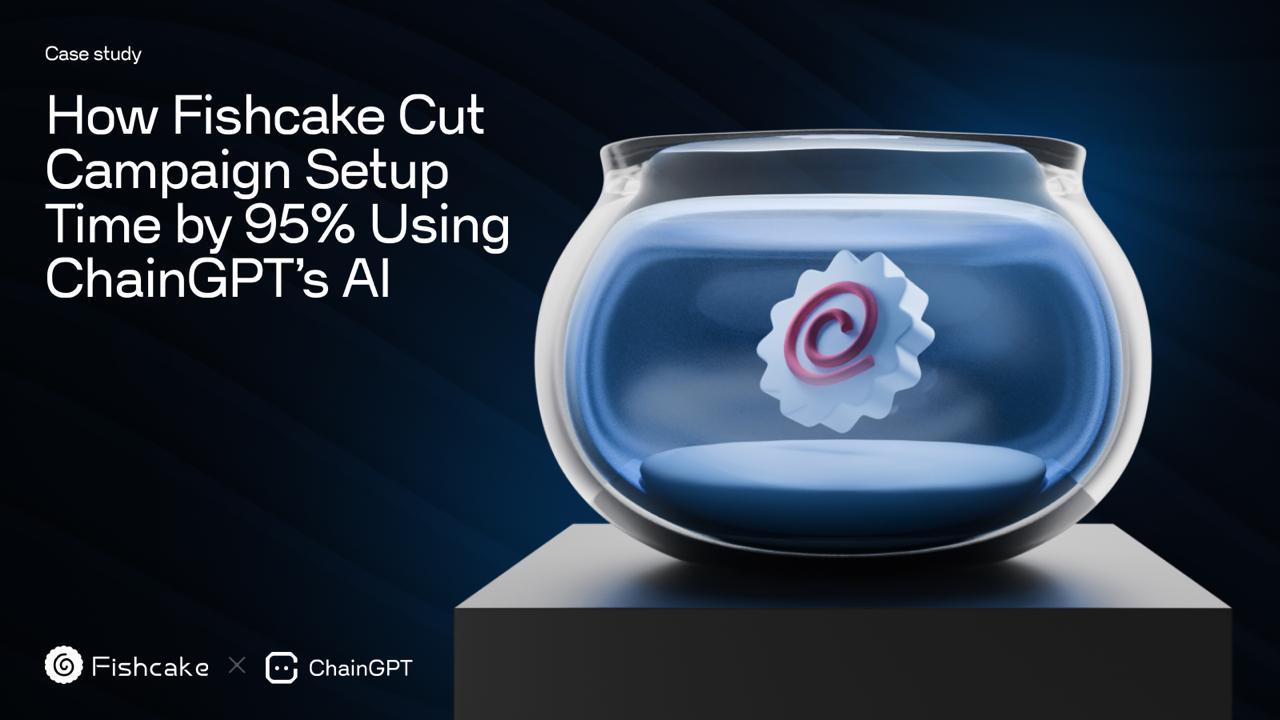
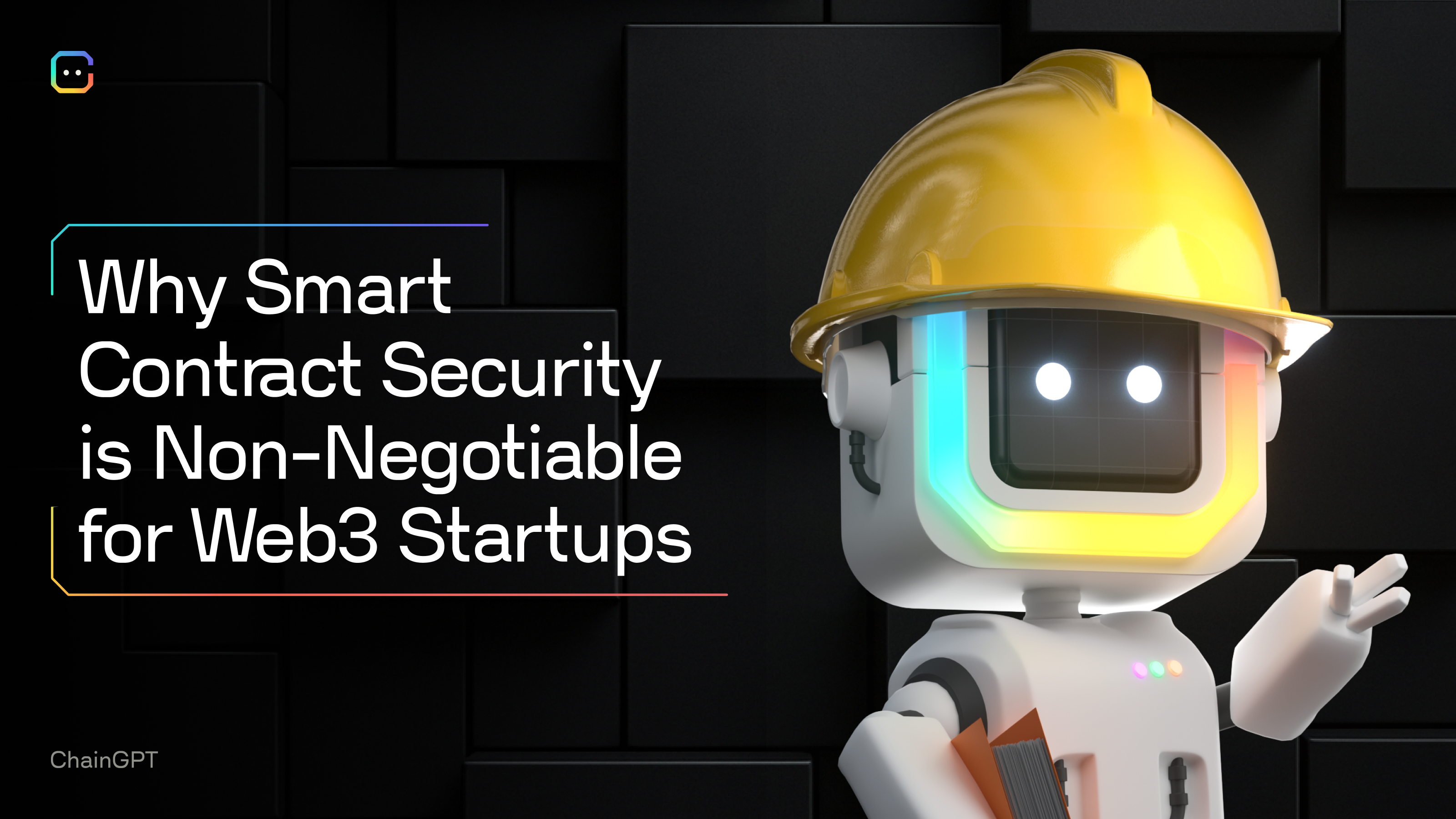
.jpg)
